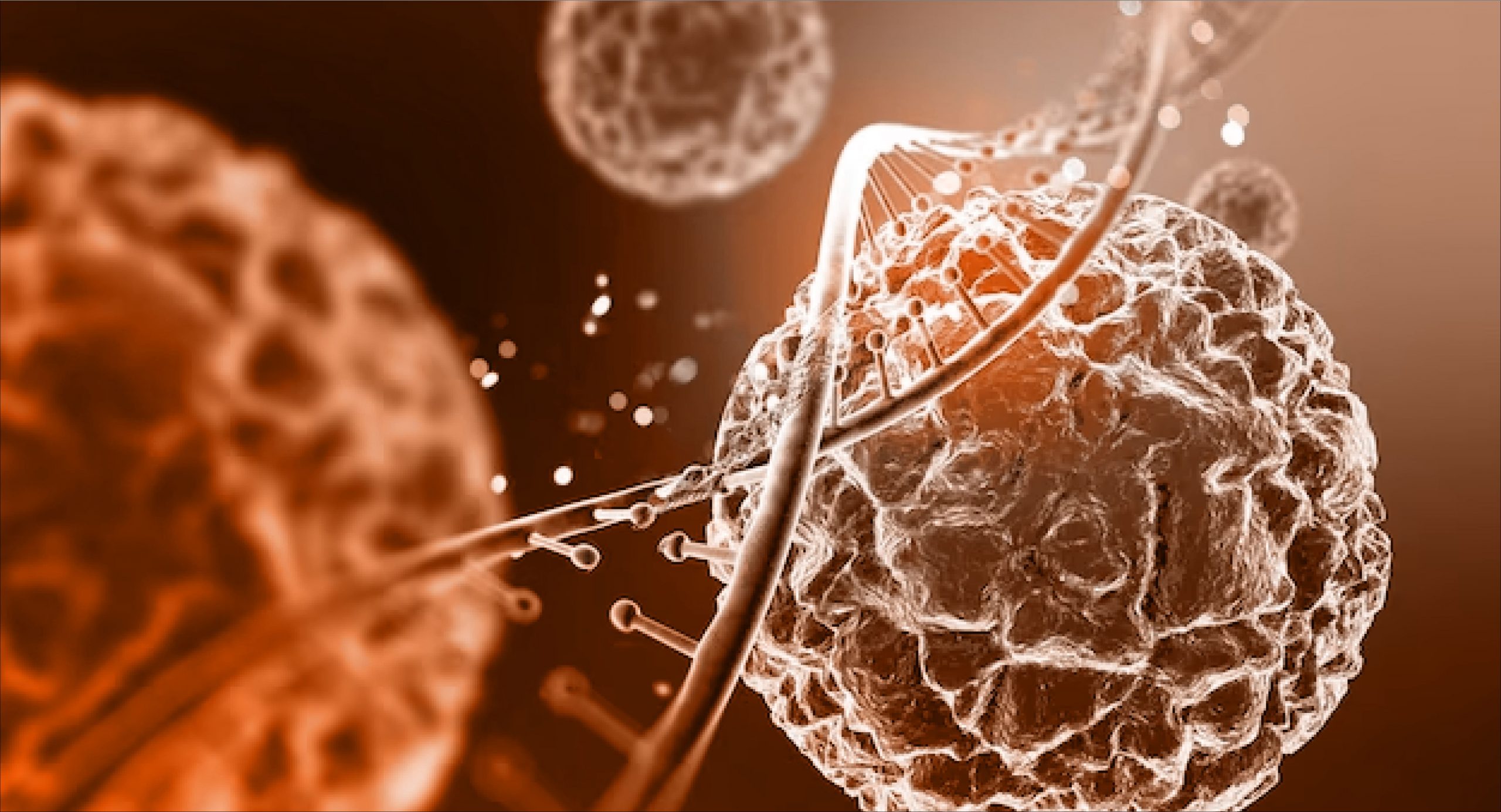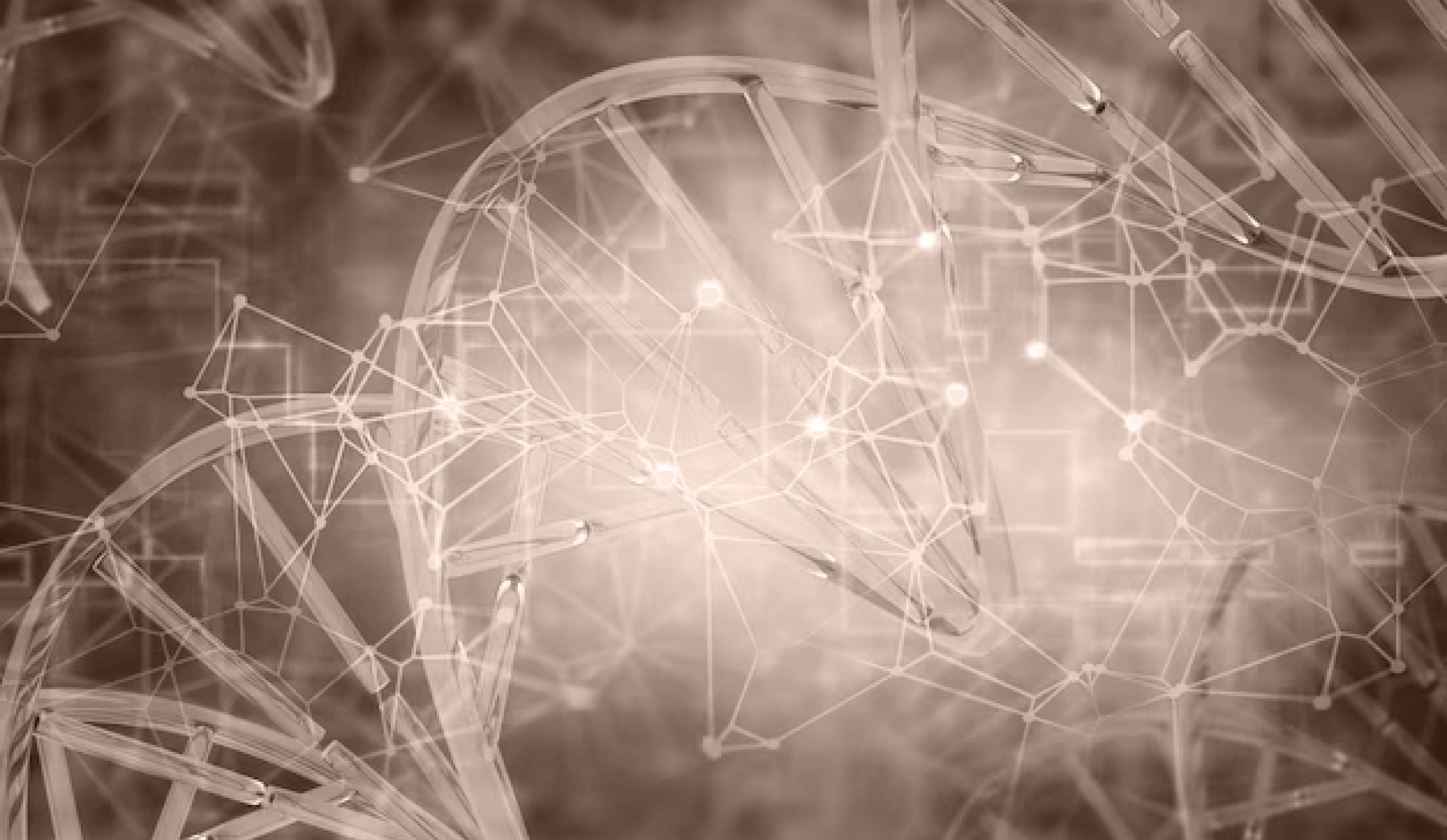Spice Route Legal

Healthcare Laws Regulating Organ Donation in India
INTRODUCTION
Organ transplant is a modern concept that transcends the realm of possibility, marking one of the most erudite accomplishments in healthcare and medical science. It involves the consensual transplant of healthy, functioning organ(s) of a person to another person who may face life-threatening organ failure. Initially focused on kidney transplants, advancements in healthcare and medical skills have established successful techniques for liver, pancreas, and heart transplants.1 A donor can donate up to 8 organs in the event of brain-stem death.2 In 2022, India registered 15,5613 transplants, constituting 36.3% of the 42,800 transplants performed in the United States of America,4 indicating the need to encourage organ donations in the country to meet the nation’s demand for transplants. Organ donations are also supported by global frameworks, including the International Covenant on Economic, Social and Cultural Rights, which obligates the states to provide the highest attainable standards of physical health,5 and the World Health Organisation’s ‘Guiding Principles on Human Cell, Tissue, and Organ Transplantation,’ which provide an ethical and acceptable framework to the member states to draft state policies for donation and transplantation of organs and tissues.6
LAWS REGULATING ORGAN DONATION IN INDIA
The Transplantation of Human Organs and Tissues Act, 1994 (“Act”), in conjunction with the Transplantation of Human Organs and Tissue Rules, 2014 (“Rules”) constitutes the healthcare laws governing organ donation and transplantation in India. Amended in 2008 and 2011, the Act establishes procedures for the systematic removal, preservation, and transplantation of organs and tissues for therapeutic purposes only. The 2011, amendment expanded the definition of ‘near relative’ to encompass grandparents and grandchildren, and introduced provisions for swap and tissue donations,7 ensuring compliance with healthcare laws.
According to the Act, a ‘donor’ is an individual above 18 years voluntarily consenting to organ removal for therapeutic purposes, either during their life or after death, including by brain stem death. Brain-stem death entails the permanent and irreversible ceasing of the brain stem’s functions. It is pertinent to note that eligibility for organ donation is contingent upon the donor’s medical history, current organ function, and pathology, with specific age limits stipulated for particular organ donations. Minors may also be permitted to donate their organ and tissues, subject to the approval of the appropriate authority and the state government’ for living donation and parental consent for brain-stem death.
The Act empowers the central and state government to appoint officers deemed as appropriate authority, authorised to supervise registration and complaints under the Act. Further, the government is empowered to appoint an authorisation committee for states and districts to govern the process of organ donation and ensure regulatory compliance with healthcare laws. Hospitals conducting over 25 transplants a year are mandated to appoint an in-house authorisation committee, whereas other hospitals must seek authorisation from authorisation committees established at the state or district level.
Hospitals intending to conduct transplants shall register under the Act and shall follow the applicable regulatory compliances under the Act. The Act prescribes the ‘hospital’ to include healthcare institutions such as nursing homes, clinics, medical centres, and medical or teaching institutions for therapeutic purposes. These are classified as ‘transplant centres’ that conduct actual transplantation or ‘Human Organ Retrieval Centres’ (“HORC”) that have intensive care units and organ retrieval and transport services without transplantation facilities. The certificate of registration for hospitals is issued by the appropriate authority under the relevant forms as per the Rules, contingent on meeting conditions like qualified staff and specialised services. The registration is valid for 5 years and is renewable. Organ transplantation is conducted by registered medical practitioners (“RMP”) in consultation with a transplant coordinator. Additionally, the hospitals are also required to publish the transplant data on their websites.
A living donor can sign up for donation both during the lifetime or after the death by filing their authorisation in Form-11 and Form-7 respectively. Two witnesses must be present during such authorisation, one of which must be a near-relative. For deceased donors, the hospital first ascertains if the person has consented to organ donation post-death in Form-7 or on their driving license. If not authorised, the RMP informs the relatives about the option of organ donation for deceased donors. After RMP declares the person’s death and in cases of brain-stem death, after certification from the medical board, organs can be removed with a relative’s consent. The hospital then notifies the HORC for organ removal. If a certified brain-dead body remains unclaimed after 48 hours, the hospital or prison authority can authorise organ or tissue removal.
NATIONAL HUMAN ORGANS AND TISSUES REMOVAL AND STORAGE NETWORKS
In 2010, the central government established the National Organ and Tissue Transplant Organisation (“NOTTO”) for organ coordination, procurement, distribution, and maintaining a national registry. It collaborates with 5 Regional Organ and Tissue Transplant Organisations (“ROTTO”) and state-wise, State Organ and Tissue Transplant Organisations (“SOTTO”), creating a network for patient and organ data linkage. NOTTO’s national organ transplant program (“NOTP”), active from 2021-22 and extended till 2025-26, focuses on deceased organ donation, awareness, and improving infrastructure.8 The current NOTP emphasises on awareness campaigns, bridging the gap between the demand and supply for organ transplants, converting high case load institutions to organ donation centres, establishing more SOTTOs, enhancing data collection, and conducting medical training for transplants.9
CONCLUSION
India’s organ donation policy reveals five points which should be worked upon: (i) despite the express prohibition on organ trafficking,10 NOTTO has caught hold of public advertisements signaling towards organ trafficking; (ii) the Act allowing non-relatives to donate based on affection risks exploitation; (iii) there is a lack of awareness on organ donation, requiring prioritised campaigns by bodies like NOTTO, SOTTO, and ROTTO; (iv) opt-out systems which entail ‘deemed consent’ until expressly withdrawn by the person have been implemented in countries like Spain and Wales and have caused a remarkable uptick in donations, a similar model could be used to boost donation rates in India;11 and (v) gender disparity in donors, with donors being mainly women,12 poses further risks, combat measures are needed to improve India’s stagnant donor-donee ratio of 0.86:10,00,000.13
[1] <https://unos.org/transplant/history/#:~:text=The%20beginning-,In%201954%2C%20the%20kidney%20was%20the%20first%20human%20organ%20to,were%20begun%20in%20the%201980s> [2] ’Appeal to Pledge for Organ and Tissue Donation’ (NOTTO, 2022) <https://notto.mohfw.gov.in/WriteReadData/Portal/News/825_1_D.O._Appeal_to_ROTTO-SOTTO.pdf> [3] ‘Data for Organ Donation and Transplantation’ (NOTTO, 13 January 2023) <https://notto.mohfw.gov.in/WriteReadData/Portal/News/806_1_data_2022.pdf > accessed 18 January 2024 [4] ‘2022 organ transplants again set annual records’ (United Network for Organ Sharing, 10 January 2023) < https://unos.org/news/2022-organ-transplants-again-set-annual-records/> accessed 18 January 2024 [5]Article 12(1), page number 8’ International Covenant on Social, Economic and Cultural Rights’ <https://treaties.un.org/doc/Treaties/1976/01/19760103%2009-57%20PM/Ch_IV_03.pdf> [6]World Health Organisation, WHO Guiding Principes on Human Cell, Tissue and Organ Transplantation, <https://apps.who.int/gb/ebwha/pdf_files/A62/A62_15-en.pdf> [7] Section 5(b)(i) of the Transplantation of Human Organs and Tissues (Amendment) Act, 2011. [8] ‘NOTP extension notification and programme objectives’ page number 1. [9] ‘NOTP extension notification and programme objectives’ page number 2 point 2, page number 7 Point 3.7(viii). [10]<https://www.thehindu.com/news/national/organ-transplant-body-writes-to-states-calls-for-strict-action-to-prevent-trafficking/article67019490.ece > [11] Preethika Vijayakumar ‘Organ transplantation in India - Would an opt-out system of organ donation be effective?’ (SCC Online, 09 September 2022). [12] <https://www.thehindu.com/sci-tech/health/indias-poor-organ-donation-record-continues-to-cost-lives/article67161978.ece> [13] <https://www.organindia.org/make-a-pledge/>






